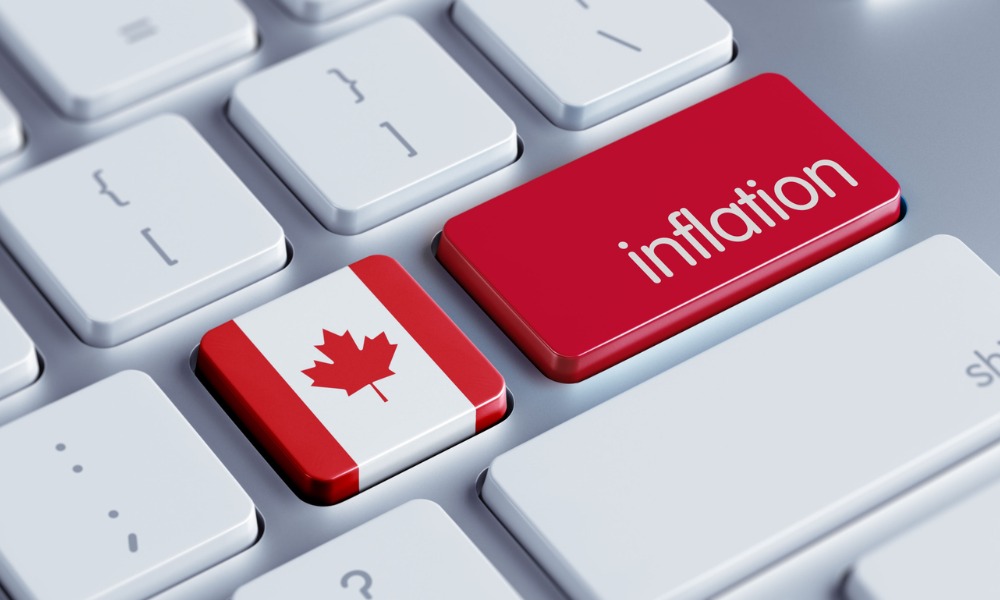WP talks to David-Alexandre Brassard following easing CPI stats this week

The latest official reading of inflation was a surprise but should not be mistaken for a trend that signifies lasting relief.
That’s the message from CPA Canada’s chief economist David-Alexandre Brassard who has been speaking to WP following the release of April’s Consumer Price Index this week, which slowed to 1.7%.
Brassard says that this is not a victory lap moment because without the easing of energy costs which benefited from the end of the consumer carbon tax, this key measure of Canadian inflation is close to 3%, its highest in a year.
“A more reliable signal would be service inflation consistently staying below three per cent,” he says. “Since service prices are stickier and less impacted by trade complications, they provide a clearer picture of underlying inflation trends.”
The economist is not expecting the Bank of Canada to make any knee-jerk short-term policy decisions and especially since the trade tensions with the US have softened a little, it’s likely to avoid cuts unless there is further economic strain.
“Interest rates are expected to decline, potentially settling between 1.75% and 2.25%,” predicts Brassard. “The current economic fundamentals don’t support prolonged growth under high rates, but the pace of cuts will likely be gradual. Canadians should plan for a slow adjustment rather than a sharp drop in borrowing costs.”
But while Brassard warns against assumptions that the CPI will continue lower, there could still be some easing, again due to energy prices.
“Energy price changes have an immediate effect on inflation, particularly through gasoline and direct energy consumption. Over time, we may also see secondary impacts as lower energy costs filter through supply chains, potentially easing inflation further,” he explains.
While energy costs may be having less impact on inflation, shelter costs certainly are, even as the trajectory of their increase declines.
A recent CPA Canada and BDO Debt Solutions survey suggests just how deeply economic strain is hitting Canadians with 32% citing saving for a down payment as their biggest barrier to homeownership, while another 30% cite ongoing mortgage cost, and 43% of Canadians report the high cost of living as their top financial challenge.
“The core issue remains a mismatch between housing supply and demand,” says Brassard. “With immigration targets now lower, governments will likely shift focus to boosting housing supply, using policy tools to incentivize construction and development.”
With housing challenges and other costs of living plus economic and trade uncertainty, consumer confidence has weakened. How does Brassard see this affecting businesses?
“Business investment and hiring are on hold in many sectors, pending greater clarity on trade conditions,” he says. “While layoffs haven’t spiked, employment growth has slowed. On the consumer side, there’s less discretionary spending and more caution around major financial decisions like home purchases.”



